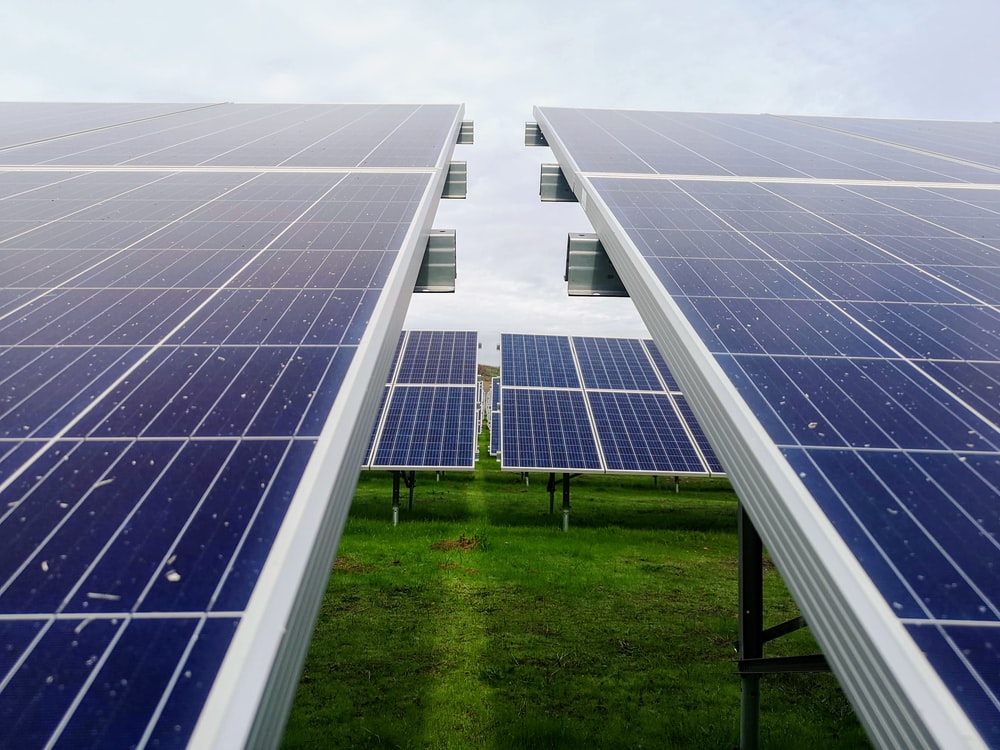Ghana, Key Stakeholders: Sign a Renewable Energy Agreement Worth US$69.88 Million to Improve Access and Socio-Economic Development
By Richard Adorsu-

Photo Credit: Unsplash
NEW AFRICA BUSINESS NEWS (NABN) Accra GHANA- The government of Ghana and development partners, including the African Development Bank(AfDB), the Climate Investment Fund (CIF), and the Swiss Government Federation, have signed a grant agreement worth $69.88 million to improve access to clean and reliable electricity
services and low-carbon socio-economic development.
About 6,890 households, 6,001 small and medium-sized enterprises (SMEs), and 6,890 public buildings will be linked to energy as part of the Scaling-up Renewable Energy Programme (SREP).
The project, which includes the design, engineering, supply, building, installation, testing, and commissioning of small grids and freestanding systems, would also assist about 1,350 schools and 500 health centers.
It will also assist in the reduction of public sector energy debt, as well as bills for SMEs and households, while also promoting the implementation of environmental, social, and economic policies.
Speaking to the media, the finance minister of Ghana, Mr. Ofori-Atta said, “the project demonstrates our country’s commitment to boost the economic and social feasibility of low carbon initiatives.”
It also supports the country’s aim to develop new energy-efficient markets and achieve energy sufficiency to avoid a future energy crisis.
Dr. Adesina said the project would help Ghana reach its renewable energy targets under the Sustainable Development Goals (SDGs) and establish a more resilient economy.
“This project will improve access to safe and dependable electricity while also promoting Ghana’s low-carbon socio-economic growth.” It will directly boost Ghana’s efforts to build resilience to the COVID-19 pandemic’s socio-economic impact.”
The initial component of the SREP would be the development of 38 small grids and standalone solar PV systems for 2,000 SMEs, 1,350 schools, 500 health centers, and 400 villages, which would take place between 2022 and 2025.
The second component, net metering, intends to scale up an existing initiative to roughly 12,000 rooftop net-metered solar PV systems to minimize public sector electricity debt and bills for SMEs and consumers.
The fourth component would be the oversight of works, which would include the SREP Project Implementation Unit’s running costs, the Distribution Utility’s operations, and the implementation of environmental, climate, and social management plans.
